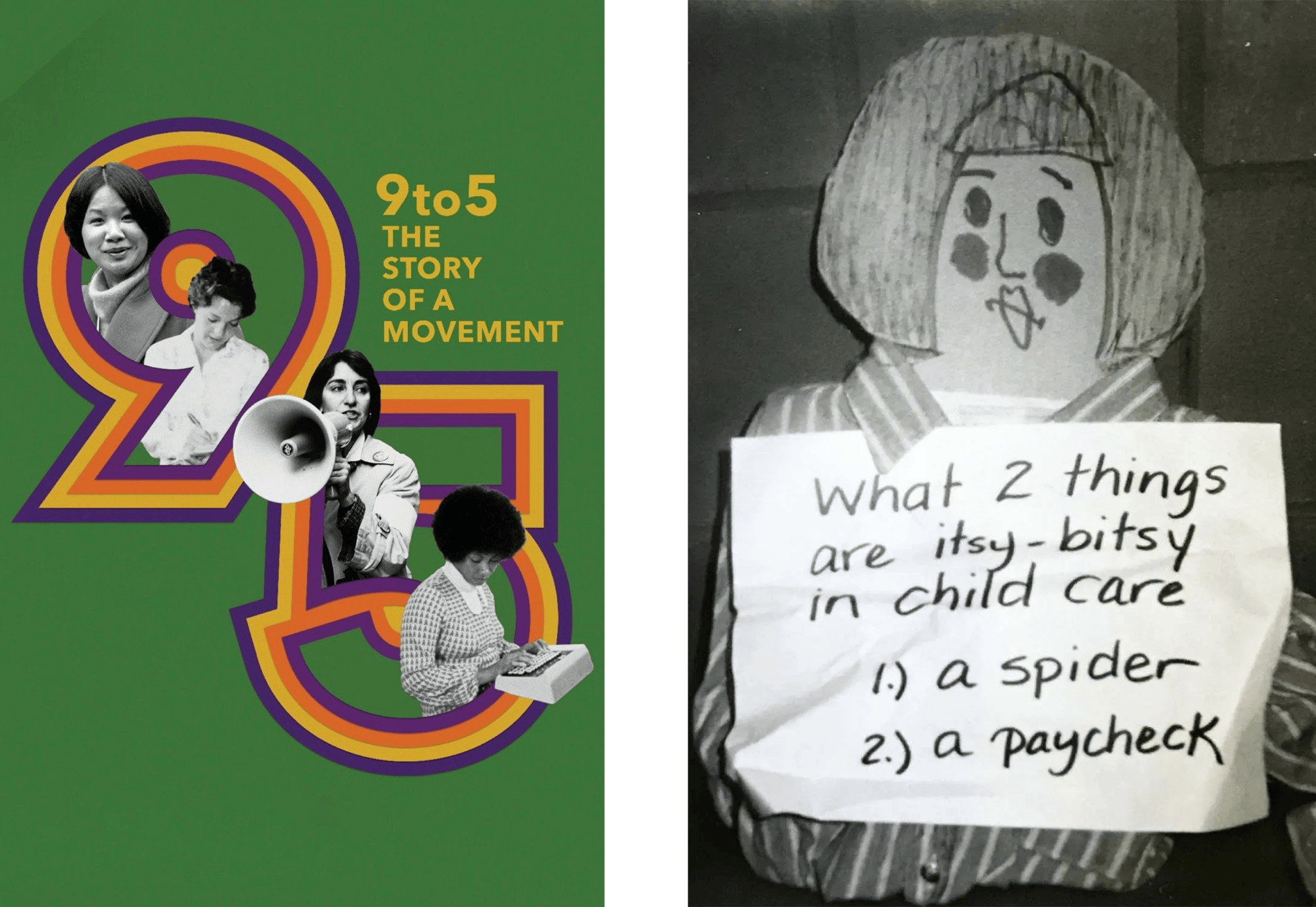For more than a century, the U.S. early care and education (ECE) field has ridden waves of teacher activism aimed at creating a more just and equitable early childhood system. Today, we may be on the crest of yet another wave. Consider these examples: a new public funding strategy for salary increases for infant and toddler teachers in Washington, D.C., the historic agreement between the state and the newly recognized family child care union for increased COVID-19 relief in California, the public discourse on the federal level and action by many statehouses to address teacher pay in ECE reform initiatives.
We have learned, however, that for sustained progress towards achieving worthy wages, eliminating racial disparities, and improving quality for children and families, teacher activism is critical. We’ve also learned that it can no longer be acceptable to implement policy “solutions” that give rise to new demands on early educators without adequately providing support and resources to meet them. This truth has never been made clearer than during the COVID-19 pandemic. With seemingly little regard for their health and safety, coupled with a lack of adequate guidance and financial support, increased pressures were placed on early childhood teachers to do what many now understand to be an “essential service” — caring for our nation’s young children. The contrast with how states addressed K-12 education during the pandemic is stark. If there is a lesson to take from our history to date, it is this: until the needs of early educators take center stage, nothing will substantially improve for young children and their families.
If there is a lesson to take from our history to date, it is this: until the needs of early educators take center stage, nothing will substantially improve for young children and their families.
In no state today do those working directly with young children earn a worthy wage. With this knowledge at the forefront, early educators are encouraged to stand on the shoulders of teacher activists who came before them and continue to give voice to their anger, their sorrow, their love for the work, and their ideas for change. It is time for current ECE leaders to listen, to really listen — as we used to say during the Worthy Wage Campaign — “on the very edges of their seats.” When teachers and providers are heard, advocates for children and families both inside and outside of the field can begin to work alongside them rather than on their behalf. In this way, teachers and providers can find one another, make new alliances, and grow as leaders. The stories they tell of their lived experiences must influence policy decisions, and the decisions made must be evaluated. Do they address the problems faced by those caring for our young children? Or do they create new ones?
Undoubtedly, the field looks different now than it did a hundred years ago, two decades ago, or even two years ago. Still, many of the same questions remain to be answered. What are people doing now to address inequities in the ECE system? How can early educators organize for racial, economic, and gender justice today? What changes in policies and structures are needed so that educators can come together to establish their collective voice and exercise their power? Has a worldwide pandemic shone a new light on injustices or will we return to the status quo, and who has the power to shape this future? As answers are sought for these and other questions, the history of ECE will continue to be written right here by those living it. We invite you to check the ECHOES website frequently!
Read more: Working for Worthy Wages: The Child Care Compensation Movement, 1970-200l | We Do More Than Teach, We Build



